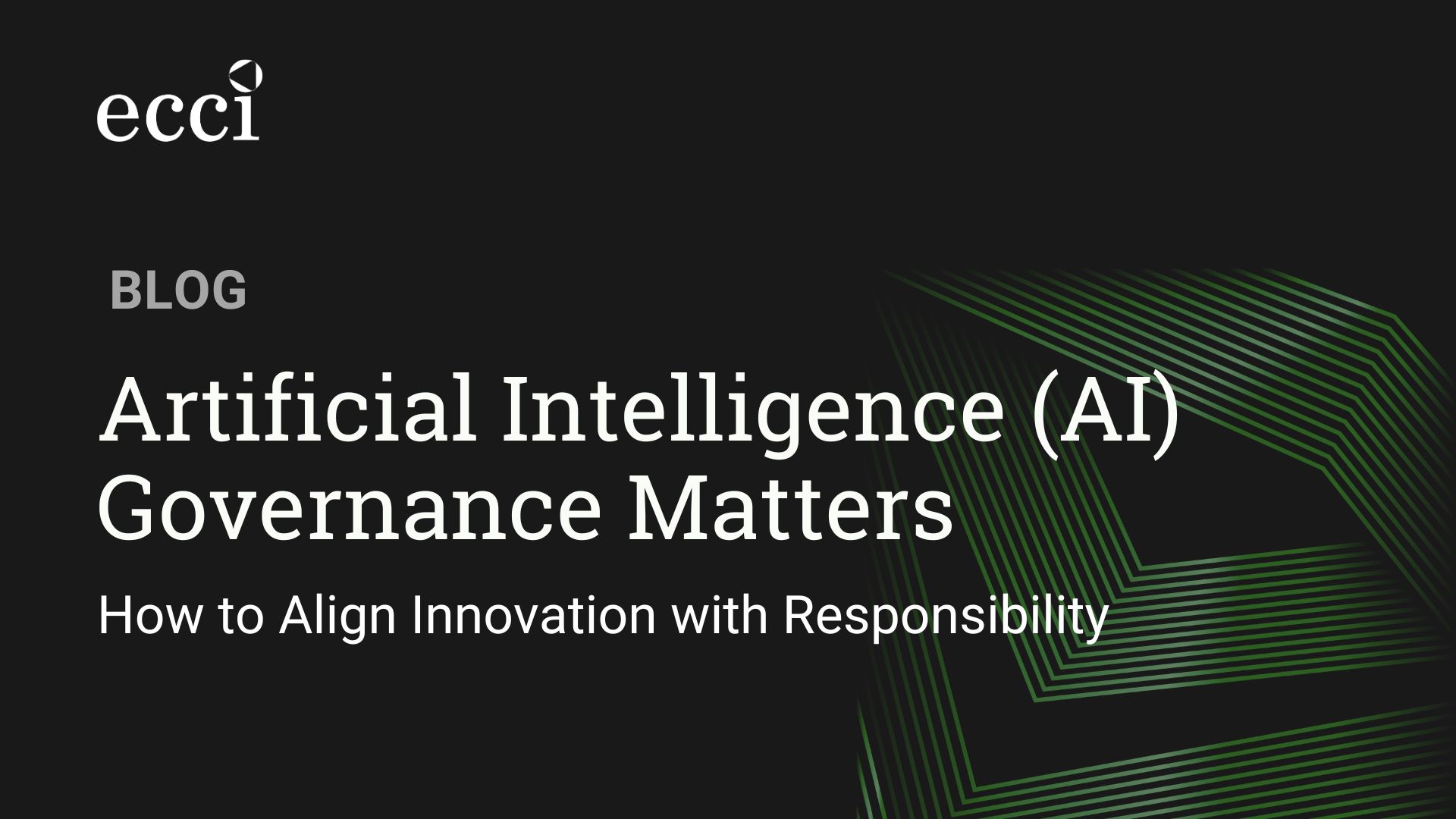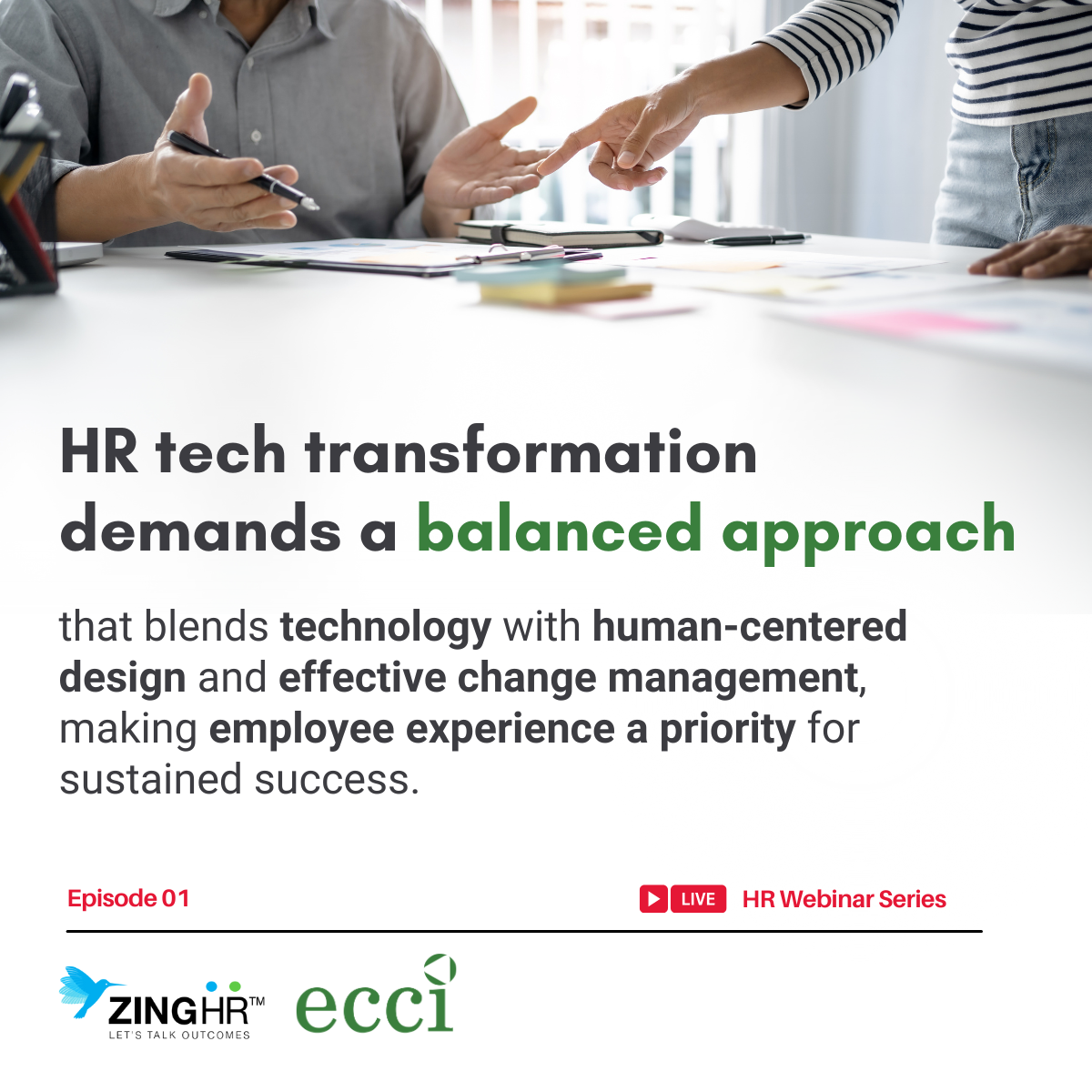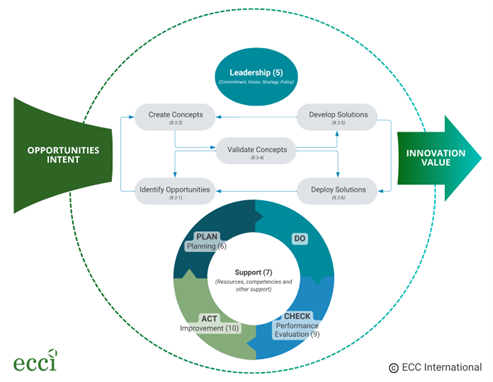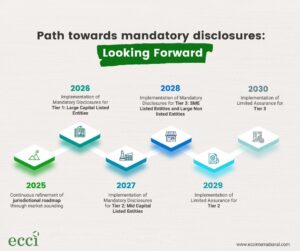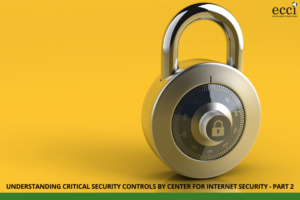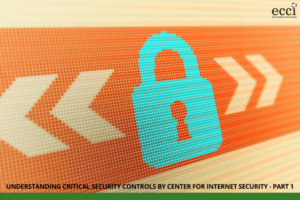ESG issues are not new, and neither is ESG reporting. ESG reporting in the corporate space has been in existence for over a decade.
Interestingly, as businesses and economies evolved, so did the standards and frameworks for ESG reporting. The language has extensively changed. Currently, there are an estimated 600 ESG reporting standards worldwide.
The prevailing significant number of reporting standards have made it hard for investors, companies, and other stakeholders to perceive valuable ESG data. The increasing lack of consistency and comparability in reporting standards is causing lots of confusion and underpinning the sustainability efforts of many businesses.
The following article will attempt to quiet the noise by presenting set structures and recommendations on harmonization of the medley – The crowded ESG alphabet array.
ESG’s ‘Alphabet Array’
The ESG’s ‘alphabet soup’ or ‘alphabet array,’ however you choose to call it, is a real and very divisive discussion subject.
How we prepare this soup has everything to do with the different standards and measurement methodologies.
Looking back, ESG reporting was a tremendous undertaking that brought about sustainable investing. Sustainable investing then came with its fair share of investor scrutiny. Investor scrutiny somehow accelerated the pressure to comply and appear credible. Eventually, ambitious and sometimes immeasurable ESG goals became a thing.
Scrutiny and ambition are not bad. However, the growing need to impress investors by proliferating the variables undoubtedly leads to a disconnect.
Managing the Crowded ESG Alphabet Array
In the late 1990s, the Global Reporting Initiative (GRI) launched its guidelines on sustainability reporting which the industry well accepted. More than a decade later, the Sustainability Accounting Standards Board (SASB) established standards relating to the financial materiality of companies with a focus on 77 industries.
Currently, more and more ESG rating providers continue developing frameworks and assessment methodologies on various sustainability issues. However, to ensure that the value of ESG reporting endures, there has to be some way of managing the crowded array. Below are some of the courses.
Involvement of Standard Setters
Initially, ESG disclosure was the job of a handful of experts and organizations. But now, every corporate mind with a basic understanding of ESG issues is willing to make a report to increase their odds of attracting an investor. Thus, we need to have standard setters.
Stakeholders have called for globally acclaimed standard setters like the International Financial Reporting Standards (IFRS) Foundation to intervene.
In a swift response, the IFRS Foundation has established the International Sustainability Standards Board (ISSB) to provide a high-quality baseline for sustainability reporting. The ISSB is set to work with the IFRS Foundation’s International Accounting Standards Board, which helps set accounting standards in many countries, including the Philippines. The IFRS Foundation is a non-profit standard setter on accounting and sustainability disclosures.
Having a universal standard setter is commendable. Past experiences have proven that to be almost impossible. Therefore, we recommend having a few credible standard setters overseeing various jurisdictions to harmonize standards within that region so that investors have an easier time. For instance, the International Accounting Standards Board (IASB) has been setting, monitoring, and updating accounting standards acknowledged in 167 jurisdictions.
Involving standard setters like the IFRS Foundation is highly recommended as they have the right tools and techniques to handle more complex social issues.
Building on Existing Reporting Frameworks
The current ESG alphabet array is causing much confusion, leading to barriers. While scraping specific reporting frameworks would seem the best idea, it is not.
The existing reporting frameworks have brought tremendous technical and financial value to businesses. We reckon that the number of years put into building the frameworks should not go to waste by making them obsolete.
Instead, we should entrust reputable standards to identify the reporting frameworks, sort through the profound issues they address, and build a more in-depth, universally-accepted set of standards.
The big five standard setters- the SASB, the GRI, the Climate Disclosure Standards Board (CDSB), the CDP, and the International Integrated Reporting Council (IIRC) already have plans to streamline reporting standards in their areas.
The IFRS Foundation is also responding by consolidating a working group to help its ISSB accelerate the convergence of existing reporting frameworks. The group, namely the Technical Readiness Working Group (TRWG), consists of representatives from ) the World Economic Forum, the Value Reporting Framework (VRF), the Task Force for Climate-related Financial Disclosures (TCFD), the International Accounting Standards Board (IASB), the Sustainability Accounting Standards Board (SASB) and the Climate Disclosure Standards Board (CDSB).
Taking a More Practical Reporting Approach
Voluntary standards have a high probability of missing information required by regulatory agencies. By developing ESG risk management processes, companies should be able to reconcile and create credible reports.
A more practical reporting approach also involves identifying, assessing and managing the risks and opportunities specific to the industry and geographic location. An ‘off-the-shelf’ framework will fail to give the correct picture.
It also involves listening to stakeholders and structuring the reports around them. Businesses should also not be rigid in their reporting structure as the future is almost always uncertain. Finally, companies should ensure that the selected reporting approach fits the business by considering its size and profile.
ESG For Everyone
Following the seemingly open season on ESG reporting methods, some sectors decided to go it alone. Not to discredit their efforts as they are possibly more acquainted with the ESG practices suiting their business needs. But since ESG disclosures are a means to promote a global and more sustainable economic environment, an international industry coalition does much more.
Some international and national regulatory agencies are increasingly making progress in developing harmonized ESG reporting approaches in different parts of the world. Additionally, in many countries, ESG reporting is becoming mandatory.
According to a European Corporate Governance Institution study, the United Kingdom, China, Australia, South Africa, and the Philippines are some of the few countries with mandatory ESG disclosures.
Mandatory ESG reporting makes the harmonization of reporting frameworks and standards necessary. New ESG rating providers and regulators should strive to work cohesively for a universal acronym and measurement methodology. Stakeholders also desire more targeted ESG reporting before decision-making.


